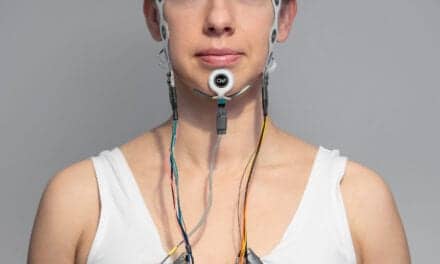In nonsleepy patients with obstructive sleep apnea (OSA), treatment with continuous positive airway pressure (CPAP) can reduce the incidence of cardiovascular events and hypertension, according to researchers from Spain.
“Our study showed that even in nonsleepy OSA patients, CPAP usage could reduce the incidence of cardiovascular events and hypertension,” said Ferran Barbé Illa, MD, of the Hospital Arnau de Vilanova in Lleida, Spain. ”We found a statistically significant decrease for those subjects that use CPAP for at least 4 hours a night.”
To determine whether CPAP would reduce cardiovascular risks in OSA patients without daytime sleepiness, Barbé Illa and colleagues recruited 724 patients with moderate to severe sleep apnea (AHI >20) and Epworth sleep scores of less than 10, indicating minimal daytime sleepiness despite significant OSA. The patients were randomized to be treated with CPAP or conservative treatment (in which their doctors provided advice on weight control and sleep) and followed for 4 years.
At the end of 4 years, Barbé Illa and colleagues found that the risk of having a cardiovascular event—such as stroke, angor pectoris, cardiac arrhythmia, or peripheral ischemia—or developing hypertension among patients who used CPAP for at least 4 hours a night was reduced by 25% compared to those who did not use CPAP. Among those who had baseline hypertension and used CPAP for 4 or more hours a night, the risk of a cardiovascular event declined to nearly half of those who did not use CPAP.
The research was presented at the ATS 2010 International Conference in New Orleans.
More research is necessary for a better understanding of OSA physiopathology and to determine the CPAP treatment effects are evident in the entire range of OSA patients.



